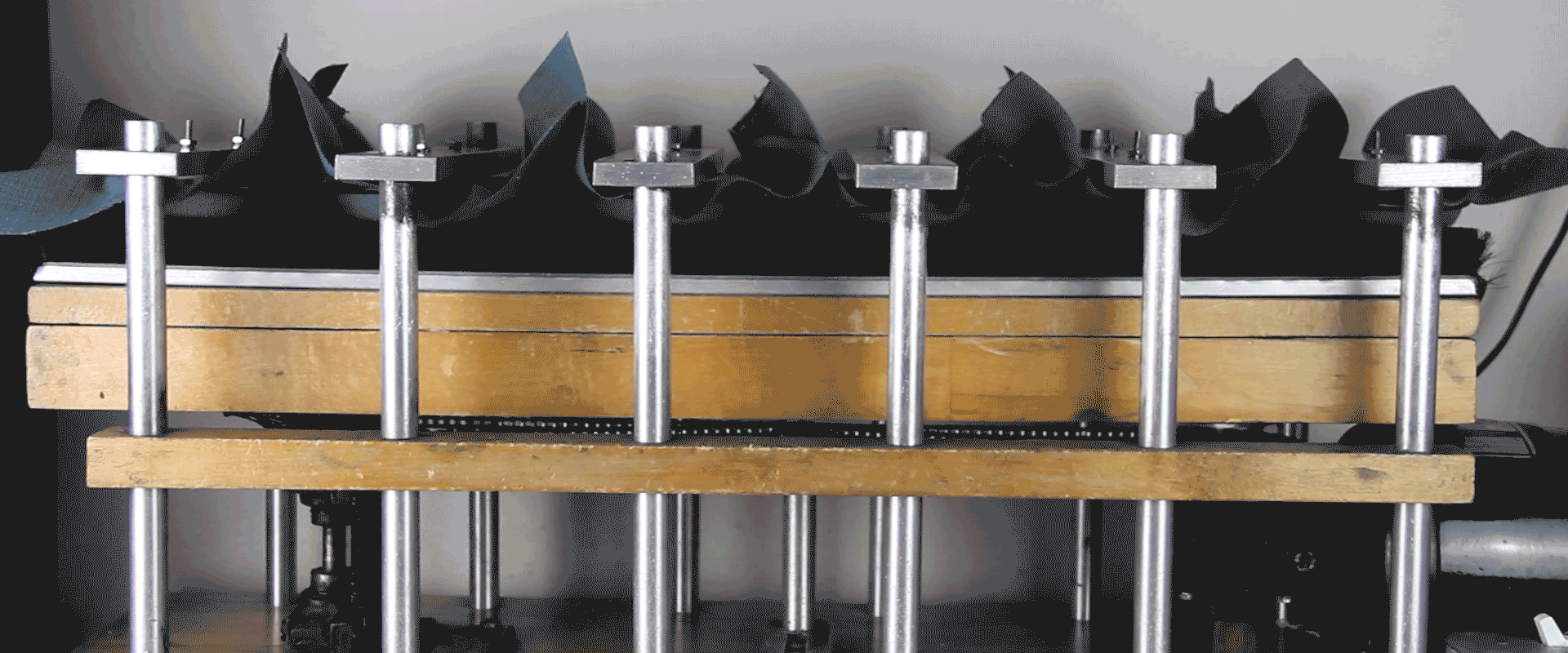Physical Properties Tests
How easily a fabric tears, breaks, holds up to weight, stretches, etc, can all impact the suitability to the end application. Physical Properties testing is important to ensure the textile being used will hold up to the requirements of the environment and application of the fabric. Depending upon the requirements there are many available tests to measure suitability and performance potential.
For more information, click here.
